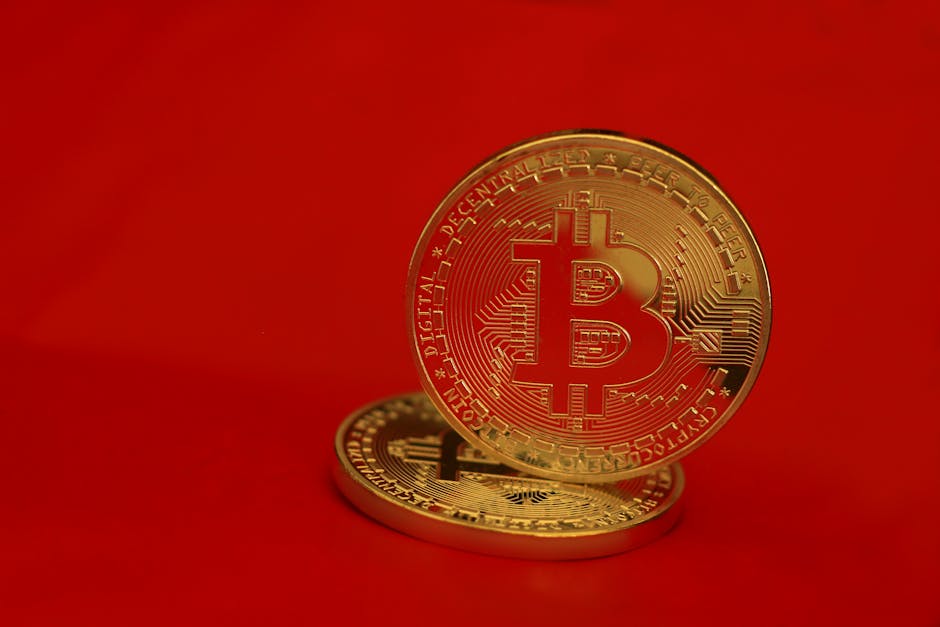
Romania Blacklists Polymarket Amidst Global Regulatory Clampdown on Crypto Prediction Markets
In a move reflecting a growing international trend, Romania has officially blacklisted Polymarket, the prominent decentralized prediction market. This decision comes amidst concerns over unlicensed gambling activity, specifically targeting the platform's ability to facilitate wagers on real-world events, including high-stakes elections. The crackdown in Romania highlights the ongoing tension between the innovative, borderless nature of decentralized finance (DeFi) and the traditional, geographically bound regulatory frameworks designed to protect consumers and maintain financial integrity.
The blacklisting in Romania adds another nation to a lengthening list that includes the United States, France, Belgium, Poland, Singapore, and Thailand – all of whom have taken action against Polymarket or similar platforms for operating without proper licensing. This concerted global effort underscores a critical challenge for the nascent prediction market industry, particularly as election-related wagers on such platforms reportedly reached a staggering $600 million globally, signaling both their burgeoning popularity and the urgent need for regulatory clarity.
Understanding Polymarket and Its Appeal
Polymarket operates as a decentralized prediction market, allowing users to bet on the outcome of future events using cryptocurrency. Unlike traditional betting sites, Polymarket leverages blockchain technology and smart contracts to ensure transparency and immutability of bets and payouts. Users purchase 'shares' in the outcome of an event; if their predicted outcome materializes, their shares become redeemable for a set amount of cryptocurrency. This innovative model has attracted a significant user base, drawn by the platform's perceived fairness, global accessibility, and the ability to speculate on a vast array of topics, from political elections to economic indicators and pop culture events.
For many, Polymarket represents a fascinating intersection of information aggregation and financial speculation. Proponents argue that prediction markets can be more accurate than traditional polls in forecasting outcomes, as they incentivize participants to bet on their true beliefs with real money. However, this very feature – the use of real money for speculative outcomes – is precisely what draws the ire of regulators, who often categorize such activities as gambling.
The Romanian Regulatory Stance
Romania's decision to ban Polymarket stems from its classification of the platform's activities as unlicensed gambling. The country's National Gambling Office (ONJN), responsible for overseeing and regulating all forms of gambling within its borders, deemed Polymarket to be operating outside the legal framework. This means the platform had not obtained the necessary licenses, paid the required taxes, or implemented the consumer protection measures mandated by Romanian law for gambling operators.
Regulators typically cite several concerns when targeting platforms like Polymarket: lack of age verification, absence of responsible gambling tools (e.g., self-exclusion limits), potential for money laundering, and the general consumer risks associated with unregulated financial products. The ONJN's move is a clear signal that regardless of a platform's decentralized nature or its use of blockchain, it must adhere to national laws if it allows citizens to participate.
A Global Regulatory Quagmire for DeFi
The ban in Romania is not an isolated incident but rather a continuation of a broader global regulatory trend. In the U.S., Polymarket settled with the Commodity Futures Trading Commission (CFTC) in 2022 over offering unregistered event-based swap products. Similarly, authorities in France, Belgium, Poland, Singapore, and Thailand have all taken steps to restrict access or declare Polymarket's operations illegal within their respective jurisdictions. The common thread is the lack of proper licensing and adherence to local gambling or financial regulations.
This situation highlights a fundamental conflict inherent in decentralized applications: they are designed to be global and permissionless, yet they operate within a world governed by national laws. Regulators struggle with how to apply existing legislation, often designed for centralized entities, to a distributed network where no single company or individual directly controls all operations. For prediction markets, the line between an 'information market' and 'unlicensed betting' remains blurry to many, but not to the authorities tasked with enforcing consumer protection and financial stability.
The Future of Prediction Markets in a Regulated World
The increasing regulatory pressure places a significant burden on platforms like Polymarket. While their decentralized architecture provides some resilience, consistent bans and legal actions in major markets can limit growth and user access. The path forward for decentralized prediction markets likely involves a multi-pronged approach: either seeking to comply with national regulations by implementing geographic restrictions and licensing where possible, or evolving into models that are less directly classified as 'gambling' or 'swaps' by authorities.
Ultimately, the blacklisting of Polymarket in Romania serves as a potent reminder that innovation, especially in the financial sector, will always intersect with the imperative for regulation. As crypto adoption grows, so too will the scrutiny from governments worldwide, pushing decentralized platforms to either adapt or risk being sidelined in an increasingly regulated global economy.
Keywords: Crypto

